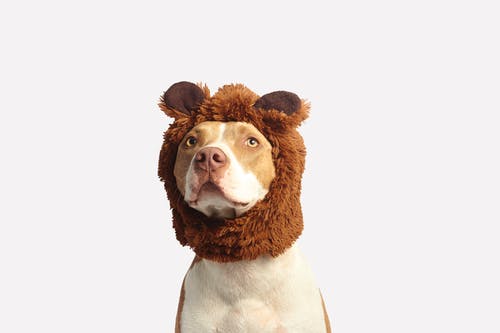When our beloved pets undergo surgery, proper post-operative care is essential for a smooth recovery and successful healing. Just like humans, pets require special attention and care after surgical procedures. Navigating the post-operative period can be a challenging task. Still, with the proper knowledge and guidance, you can significantly ensure your pet’s comfort and well-being.
Post-Operative Care Tips
In this article, we’ll discuss how to navigate post-operative care for your pet, including the roles of veterinary surgery, vet ophthalmology, and preventative measures like pet vaccinations and parasite prevention. Let’s dive in and explore some essential tips that will help your pet heal and get back on its paws in no time.
The Role of Veterinary Surgery in Post-Operative Care
Bouncing back from surgery starts with the proper care from a veterinary surgeon for dogs or other animals. These skilled professionals understand the intricacies of post-operative care and can provide guidelines on how to help best your pet recover. Critical aspects of post-operative care provided by a veterinary surgeon include:
- Comprehensive surgical discharge instructions
- Pain management
- Wound care and monitoring
- Stitches or staple removal
- Post-operative check-ups
Following your veterinary surgeon’s instructions and guidelines ensures your pet receives the care they need to recover properly and avoid complications.
Helping Your Pet Keep Comfortable During Healing
A crucial aspect of post-operative care is providing your pet with the most comfortable healing environment. To achieve this, consider the following tips:
- Offer a warm, quiet, and safe space for your pet to rest
- Keep their bedding clean and dry
- Use a cone or inflatable collar if necessary to prevent them from licking or biting at surgical sites
- Provide easy access to food and fresh water
- Gently encourage them to move and stretch as instructed by your veterinarian
Monitoring Your Pet’s Recovery Progress
As your pet recovers, tracking its progress and watching for any signs of complications or setbacks is essential. Some key things to monitor include:
- Appetite and water intake
- Energy and activity levels
- Wound healing, including any redness, swelling, or discharge
- Signs of pain or discomfort
If you notice any concerning changes in your pet’s condition or recovery progress, contact your veterinarian promptly for guidance.
Caring for Your Pet’s Eyes After Ocular Procedures
Surgery involving the eyes requires extra attention and care during the recovery process. Working with a vet ophthalmology specialist gives you the necessary guidance to help your pet heal after ocular procedures. Some tips for post-operative care following eye surgery include:
- Keep your pet’s environment clean and quiet
- Prevent your pet from rubbing or scratching their eyes
- Administer necessary eye drops or medications as instructed
- Track the appearance of your pet’s eyes, watching for signs of infection or worsening conditions
- Schedule follow-up appointments with the vet ophthalmology specialist
By providing specialized care for your pet’s eyes, you can help them recover from surgery and maintain their vision.
The Importance of Preventative Care During Recovery
In addition to addressing specific post-operative needs, it’s essential to maintain your pet’s overall health during recovery. This includes staying up-to-date on preventative measures, such as vaccinations and parasite prevention. For example, ensuring your puppy receives the necessary puppy shots helps protect them from viruses and diseases that could compromise recovery.
Another crucial aspect of preventative care is parasite prevention, which can help protect your pet from heartworms or tick-borne illnesses during recovery. Consult your veterinarian about protecting your pet from parasites while they heal.
Conclusion
Helping your pet navigate post-operative care can be challenging, but you can ensure they heal successfully with the correct information, guidance, and attention to their needs. By understanding the roles that veterinary surgery, vet ophthalmology, and preventative care measures play in your pet’s recovery, you can confidently provide a supportive and nurturing environment for their healing journey.
Stay vigilant, communicate with your veterinary team, and shower your pet with love; together, you’ll sail through the post-operative care process.
